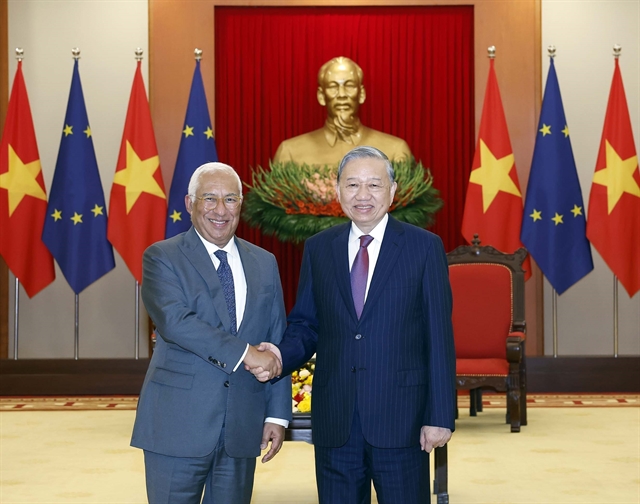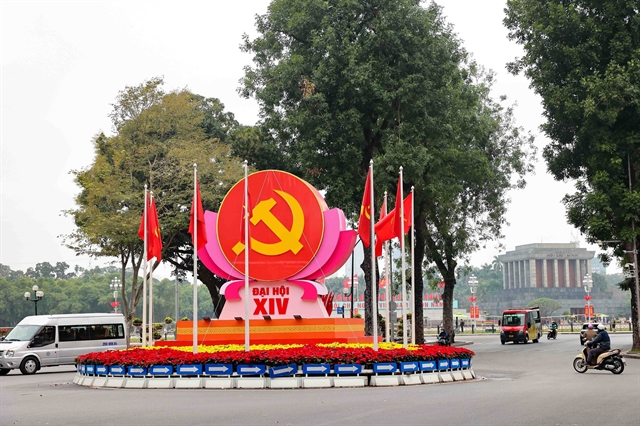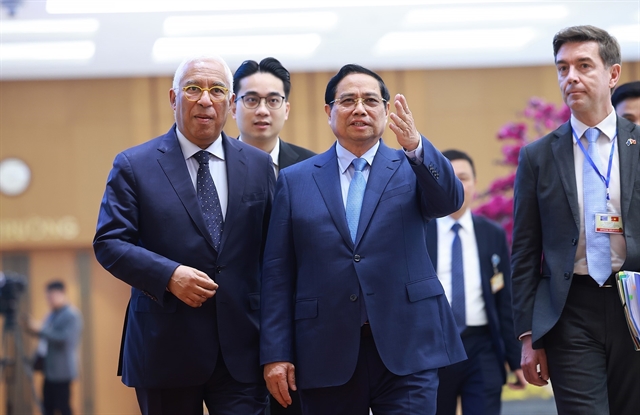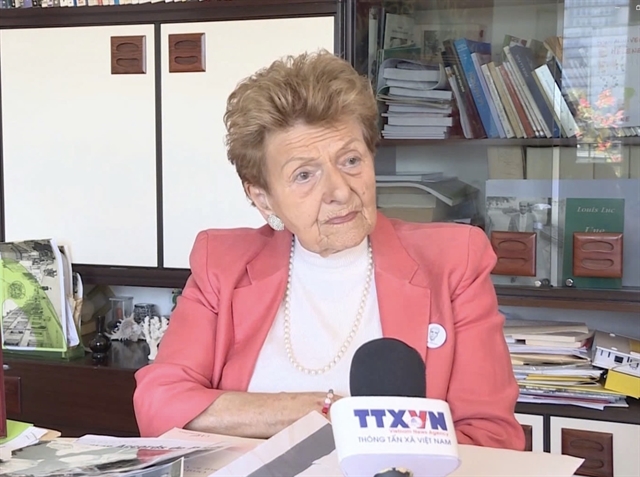 Opinion
Opinion
.jpg)
" />Chu Thắng Trung, Deputy Director of the Ministry of Industry and Trade’s Trade Remedies Authority, talked to Hải quản (Customs) Newspaper about how Vietnamese firms can avoid trade defence law suits during the process of international economic integration
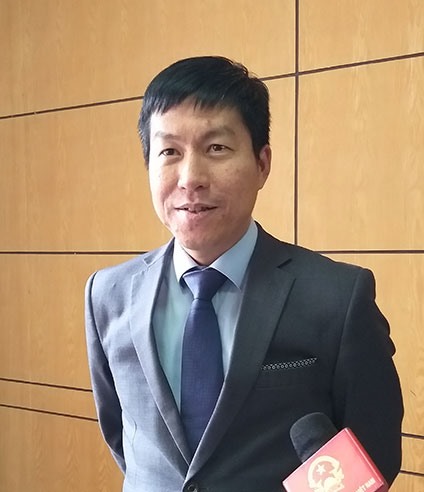 |
| Chu Thắng Trung |
Chu Thắng Trung, deputy director of the Ministry of Industry and Trade’s Trade Remedies Authority, talks to Hải quản (Customs) newspaper about how Vietnamese firms can avoid trade defence lawsuits during the process of international economic integration.
Why are Vietnamese firms facing an increasing number of trade defence lawsuits put forward by export markets?
As the global trade liberalisation process continues, traditional trade barriers such as tariffs are gradually lifted and market access commitments are accelerated with the rise of bilateral and multilateral free trade agreements. This is one of the main causes of the increasing application of trade defence measures to protect domestic production.
Legal experts on international trade have pointed out that defence cases occurred more frequently during times of economic recession and crisis. During such times, declines in domestic manufacturing industries often make lawsuits an attractive way to protect the interests of local production companies.
According to the Ministry of Industry and Trade, as of October 15, there were 141 trade defence cases initiated by 18 countries and territories towards goods exported from Việt Nam. The United States initiated the most investigations (27 cases). Turkey comes next with 20 cases, then India with 17 cases and the EU with 14 cases.
When Việt Nam’s exports increase rapidly, the country’s goods will face a higher risk of trade defence lawsuits from international markets.
Despite continuously facing these measures, Vietnamese businesses remain passive in guarding against them, and experts have said that protesting is not always effective. What is your opinion on this matter?
The outcome of the protests depends on a number of factors. The protectionist movement and unilateralism continue to go hand in hand with the process of trade liberalisation, meaning it is not simple to protest as it requires close co-ordination between enterprises, associations and governments.
In some industries, appealing is not effective. There are many reasons for this situation. The level of understanding of the majority of Vietnamese enterprises on trade remedies is limited. They have no experience with appealing the measures, no reasonable resistance investment plan, no clear direction or determination and no professional ability to appeal trade defence cases against foreign competitors.
In addition, the financial capacity of Vietnamese businesses is weak, while the cost of appealing is very high. To succeed, it may be necessary to hire experienced investigative lawyers.
Many enterprises have not met the requirements of the investigating agencies in providing documents, data, contracts or complete invoices.
Some businesses avoid or do not participate or participate fully in appeals, but participation in the entire process is critical if businesses want to succeed.
What are your recommendations to Vietnamese firms to minimise the risk of trade defence litigation and to increase the likelihood of success when they get sued?
First, businesses should equip themselves with a basic knowledge of trade defence law.
Secondly, businesses should be in contact with associations and State management agencies to receive early warnings on the possibility of being sued. They can use this information to adjust their activities to avoid litigation.
Thirdly, Vietnamese businesses need to strengthen their relations with foreign partners because they are often the beneficiaries of defence investigations. Opposing voices will influence the decision making of foreign investigators. Importers are aware of the regulations in their countries and can provide prompt reports on the dynamics of investigations to Vietnamese enterprises. —VNS
.jpg)
